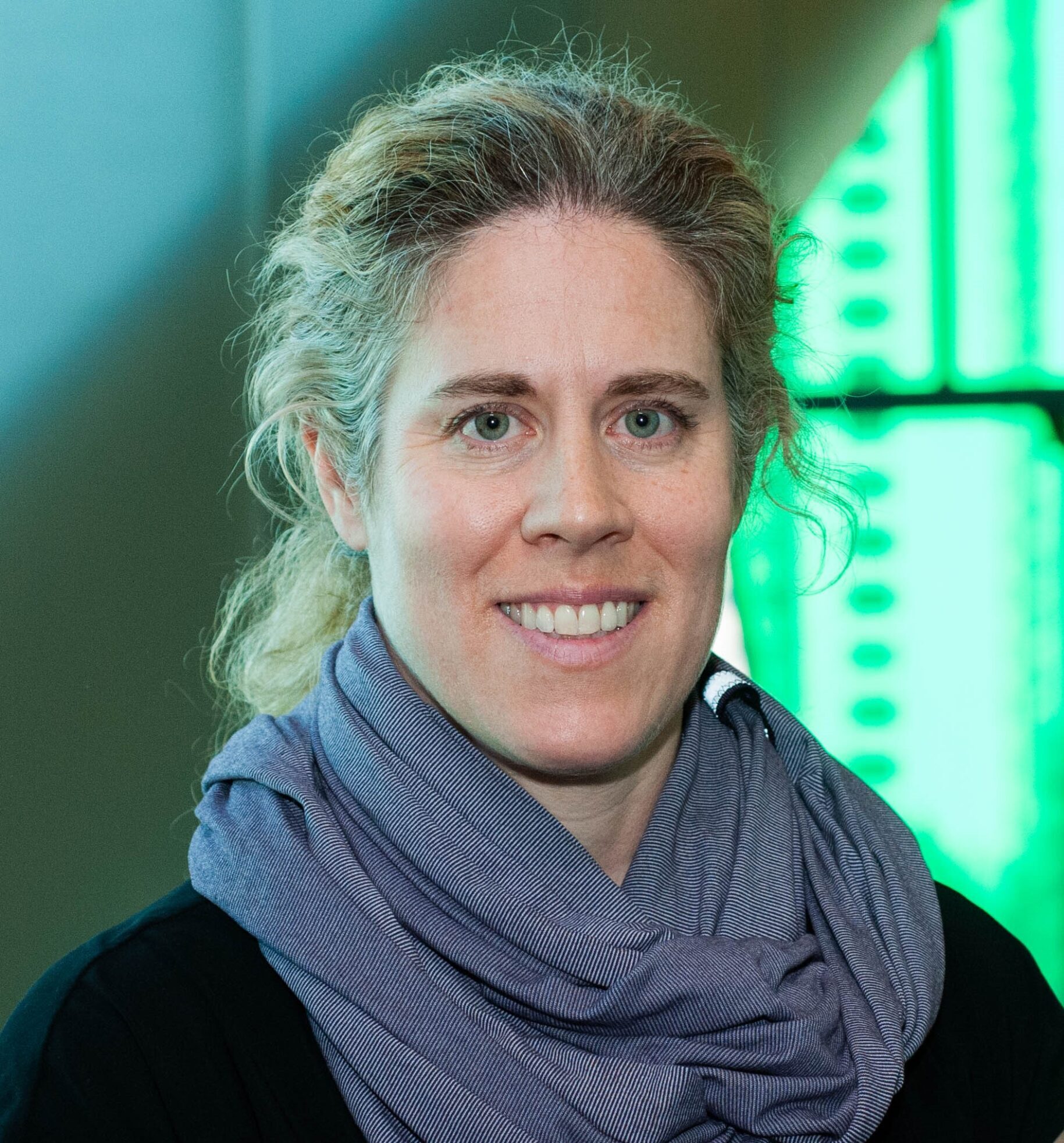
Catherine Laurier
Associate professor, département de psychoéducation, Université de Sherbrooke
Regular members
Training
- (2009) Postdoctorate (Psychology). Université du Québec à Montréal.
- (2007) Doctorate (Psychology). Université de Montréal.
- (2002) Equivalent of Master's (Psychopathologie et neurobiologie du développement et des comportements). Université de Paris VI (P & M Curie).
- (2001) Master's degree without thesis (Clinical Psychology). Université de Montréal.
- (1999) Bachelor's (Psychology). Université de Montréal.
Bio
Ever since I began my psychology studies, I knew adolescence was the period that interested me the most and that I would dedicate myself to it. Initially attracted to clinical psychology, it was during my master’s studies in the intervention profile that I became involved in research for the first time. This experience was decisive because it encouraged me to pursue a PhD, but this time with a research profile.
Since then, I have dedicated myself to research with adolescents in difficulty. I believe that the clinical perspective acquired at the beginning of my training helps me to understand the practical implications of the issues I study. Trouble makers, the ones who have been left behind, and young offenders are the ones to whom I have devoted the bulk of my research. I am specifically interested in the mental health disorders they present and the consequences of the trauma they are exposed to in their life trajectory. I am also interested in trauma and its consequences for other vulnerable populations, such as sexually exploited adolescents and young women. I believe that to promote the recovery of vulnerable youth, we must know the consequences of their situation on their psychosocial adjustment, which falls under the scope of Axis 3 of GRISE.
Since I am interested in recovery and resilience, it seemed only natural to add a research axis to my program, namely sports activities as a means of psychosocial intervention. This falls within the scope of Axis 1 of GRISE and concerns both adolescents in difficulty and those in the general population. I seek to better understand the workings of psychosocial interventions through sports and their effects on participants, with the goal of making them more widely available.